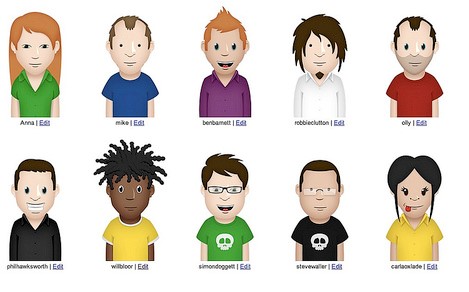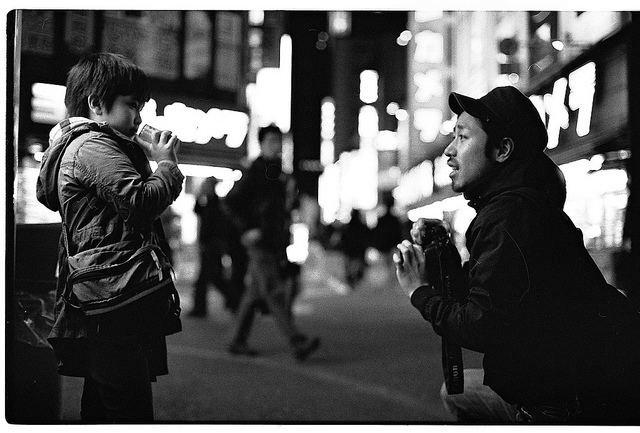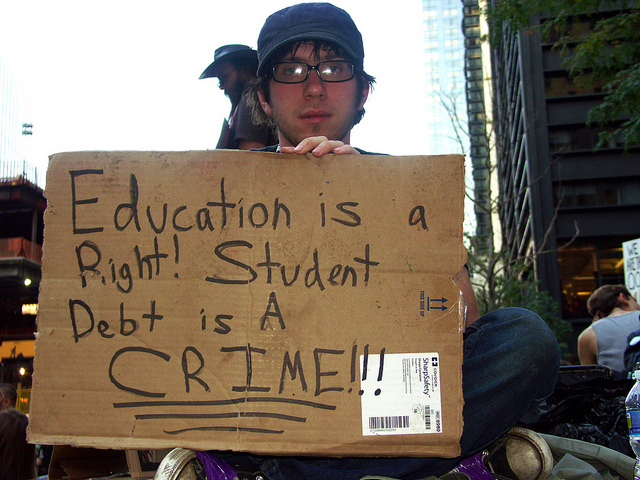
Previous research shows that women experience a “motherhood penalty” at work when they have children, while having children actually helps men’s careers. New research shows that the motherhood penalty may actually be worse for women who make more money. This is because, in terms of dollars and some career paths, taking time off or switching to part-time work is more costly for high-earning women in the long run.
In workplaces that offer little flexibility, women are left with few options. In a recent Bloomberg article by Rachel Greenfield, sociologist Paula England elaborates:
“A lot of women are getting pushed into dropping out entirely for a few years because they can’t get a little leave at the beginning or because they can’t get enough flexibility.”
This results in a higher income loss than women in lower income positions experience. However, Greenfield notes that it is important to keep in mind that low-income women may actually be hit harder because they start out with fewer resources; high earning women simply suffer a disproportionate income loss.









